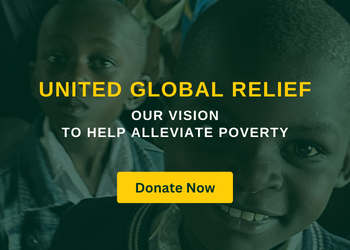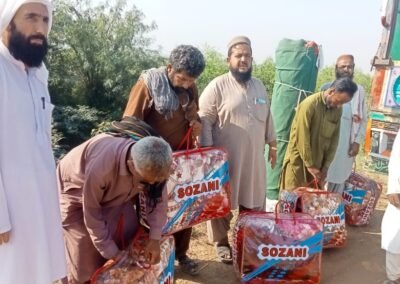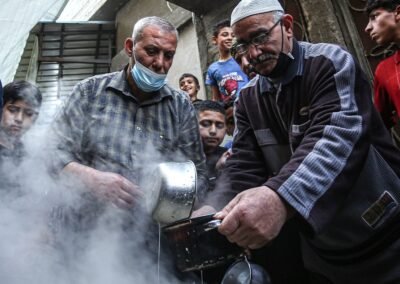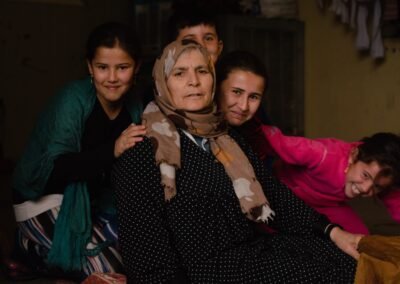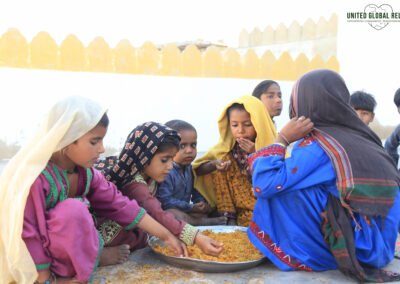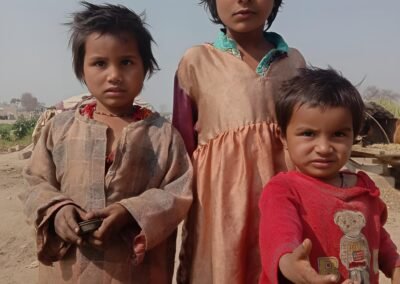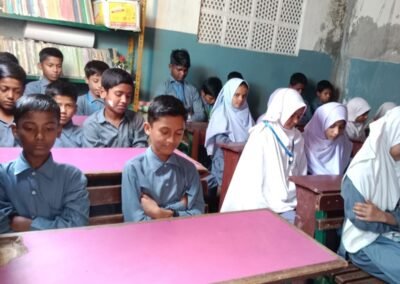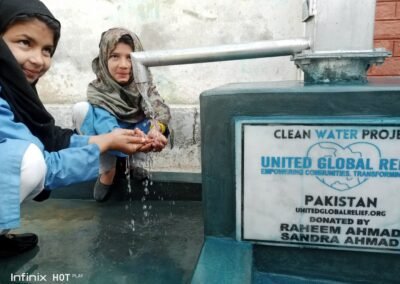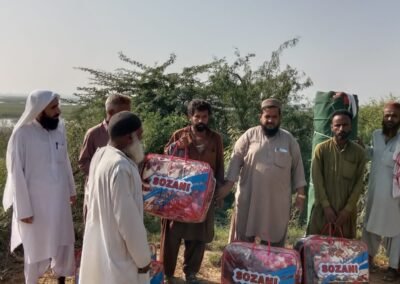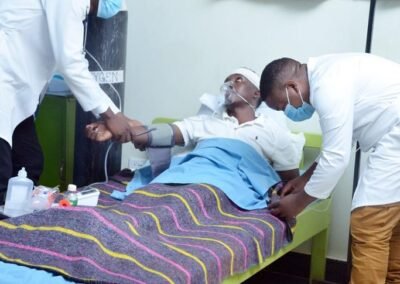Our Strategy
Our nonprofit is dedicated to addressing domestic poverty issues and initiating sustainable food and water projects in third-world countries. Fueled by the stark realities of resource scarcity and inadequate access to medicine, we aim to create a lasting impact by implementing comprehensive solutions.
Recognizing the widespread lack of resources and medical care in impoverished communities, we commit to deploying targeted interventions that address immediate needs while fostering long-term resilience.
In tackling domestic poverty, we will focus on community empowerment, skill-building, and creating pathways to economic independence. Concurrently, our international projects will center on establishing reliable food sources and clean water infrastructure in regions facing acute shortages. Leveraging partnerships with local communities, governments, and like-minded organizations, our approach integrates community involvement, education, and sustainable development practices.
Despite the challenges, our strategy is founded on the belief that every individual, regardless of their circumstances, deserves access to essential resources, healthcare, and the opportunity for a better future. By fostering hope through tangible actions, we aspire to break the cycle of poverty, ensuring that communities not only survive but thrive. Together, we envision a world where basic human needs are met, and the promise of a brighter tomorrow is within reach for all.

Food And Water Insecurity
690 million people in third-world countries face hunger due to poverty and conflict, reports FAO.
2.2 billion people lack safe drinking water in these regions, leading to waterborne diseases and hindering agriculture, says WHO.
Climate change worsens food and water insecurity, disrupting agriculture with extreme weather and compounding vulnerabilities.

Illness & Disease
Third-world countries grapple with infectious diseases like malaria, tuberculosis, and HIV/AIDS, impacting public health significantly, according to WHO.
Scarce healthcare resources hinder timely disease treatment, disproportionately affecting vulnerable populations in these regions.
Limited sanitation and clean water access contribute to diseases like cholera, emphasizing serious health risks in third-world countries.
Education
In sub-Saharan Africa, only 50% of children complete primary school, and 131 million children worldwide lack access to primary education.
Education has significant benefits, including increasing earning potential by up to 10%, reducing poverty, improving health outcomes, and promoting gender equality.
However, challenges persist, including teachers often going unpaid or lacking proper training, highlighting the need for improvement and support for education systems in third world countries.
Projects
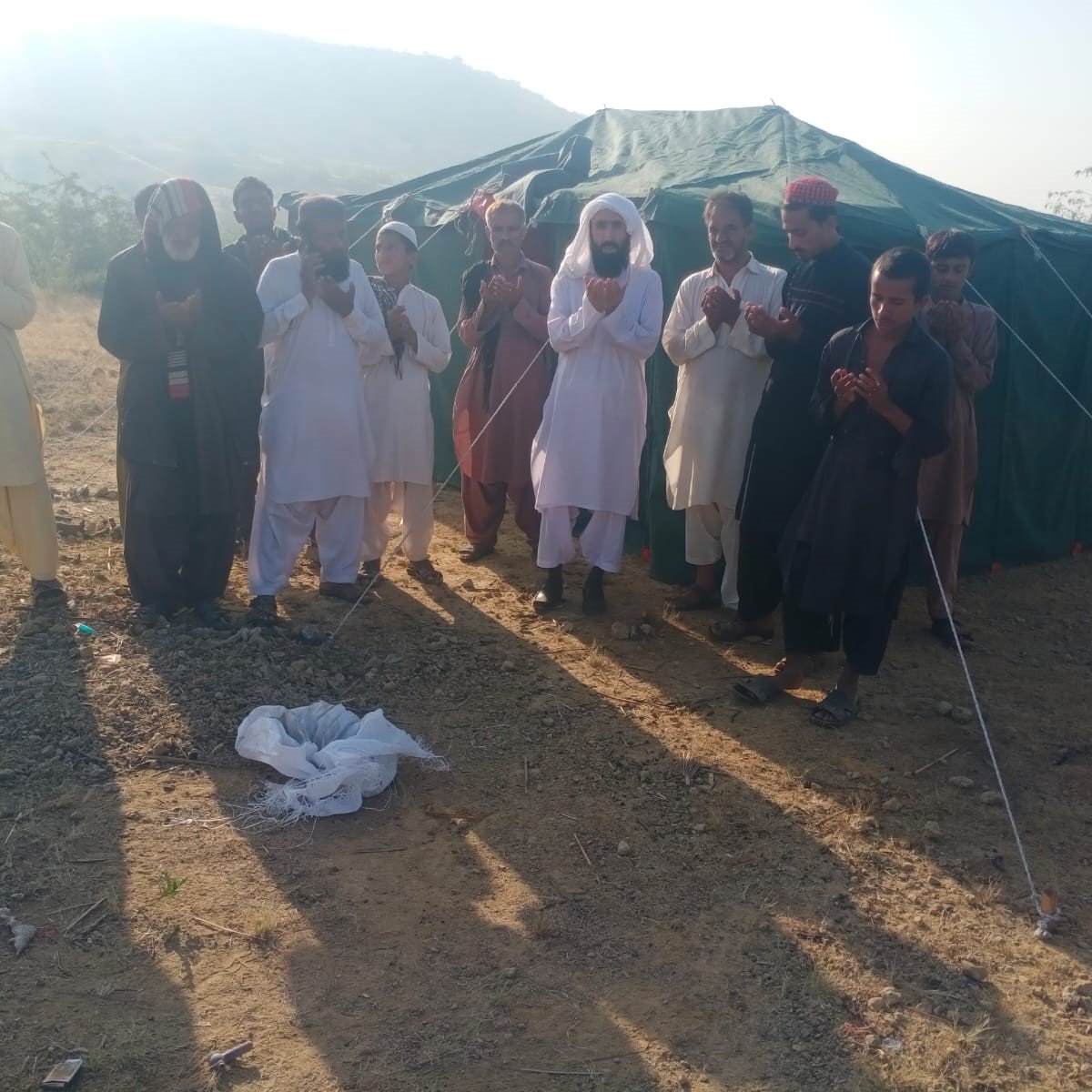
Rapid Relief Network
Provide emergency relief to the impacted communities
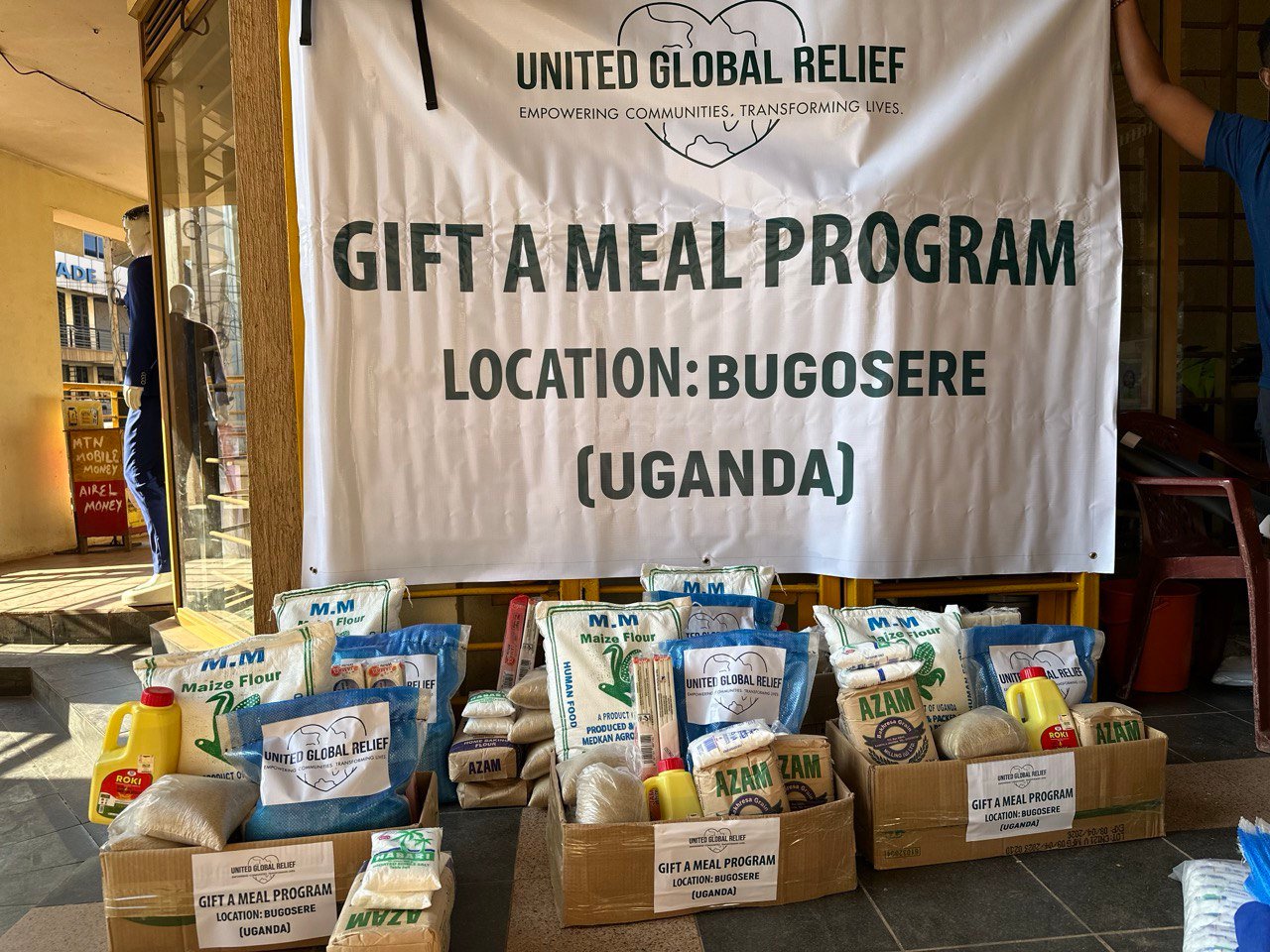
Gift A Meal Program
People with adequate nutrition are more productive
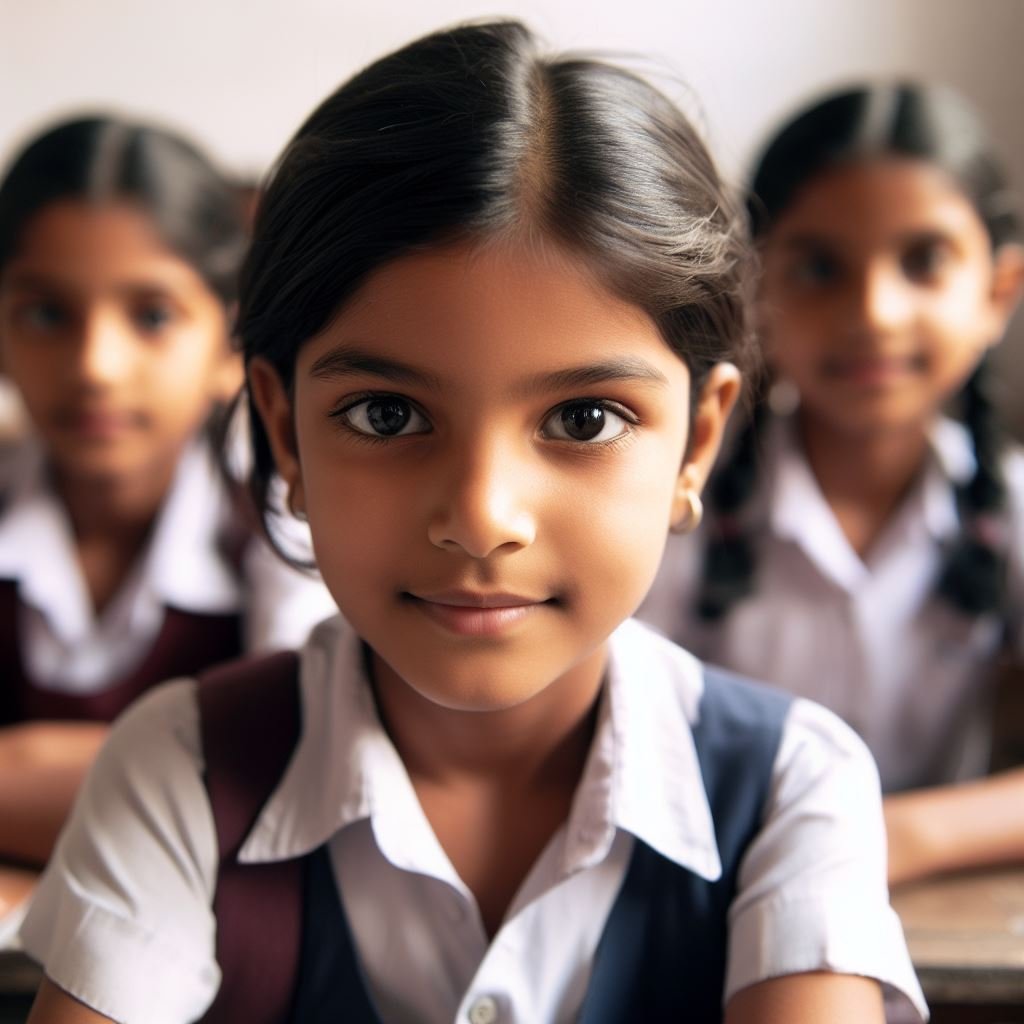
Education
Breaking the cycle of poverty through education and training
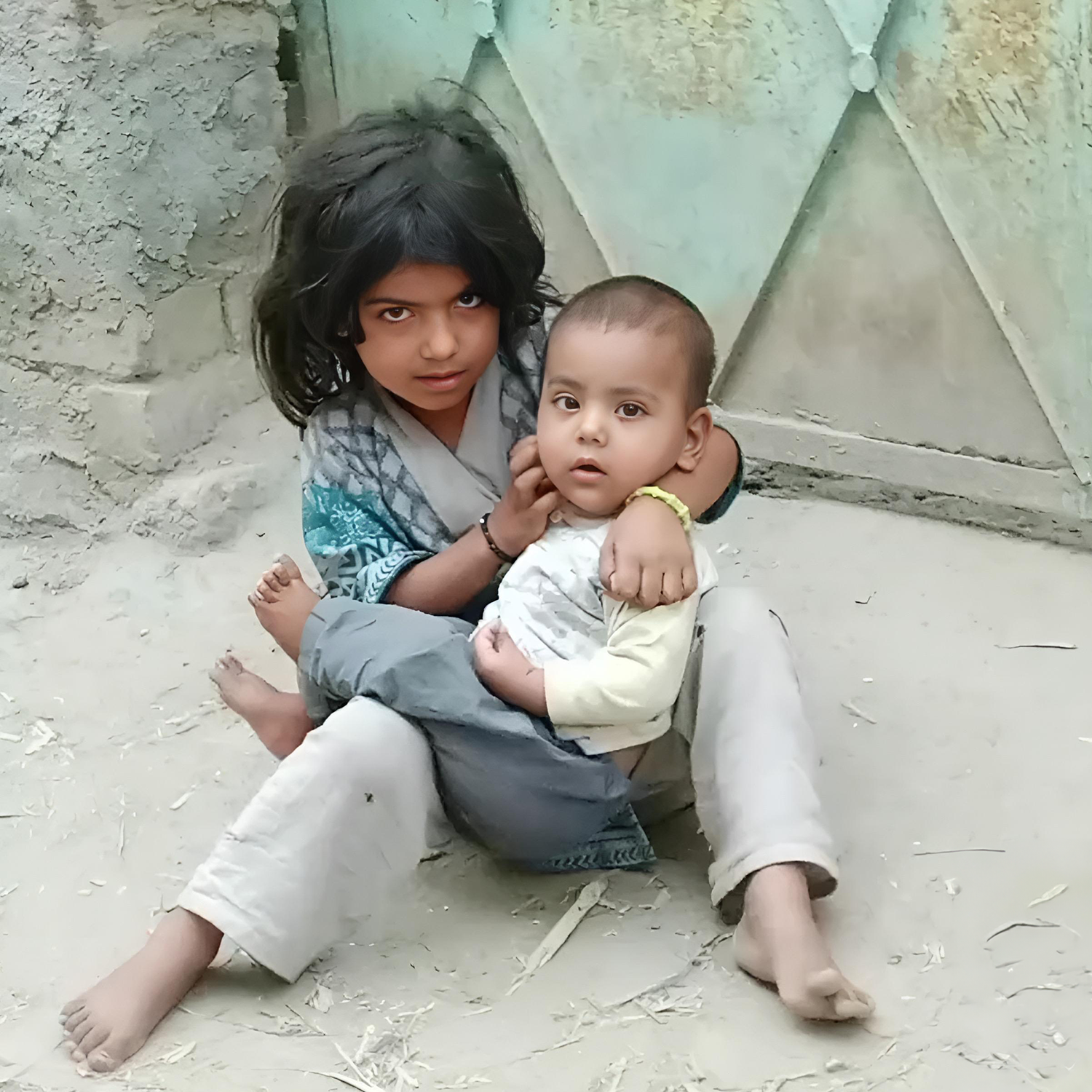
Orphan Support
Nurturing Hope, Building Dreams, United for a Brighther Tomorrow
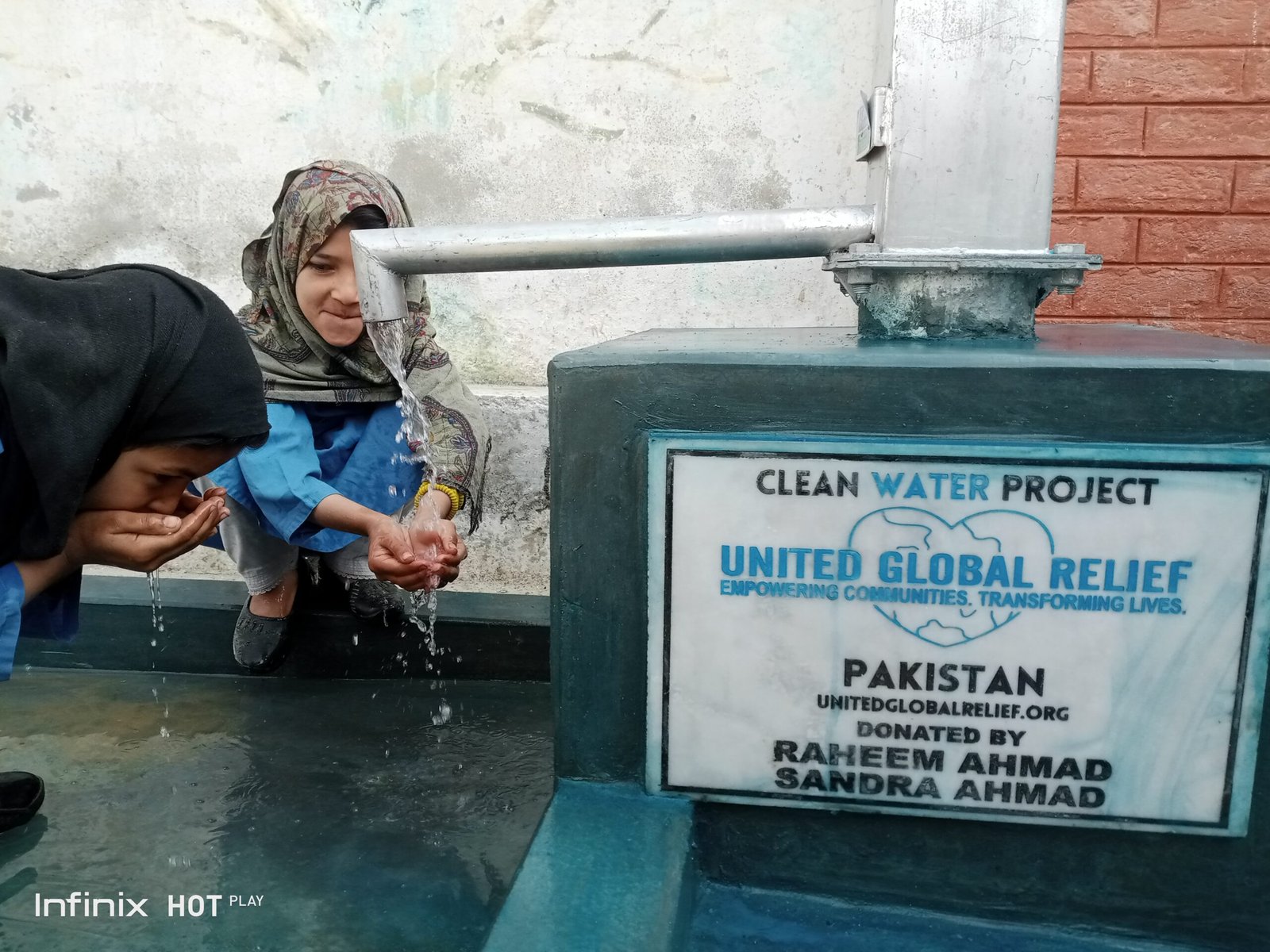
Clean Water Initiative
Transforming communities, one well at a time!

Flood Relief
Strengthening communities, preventing crisis.
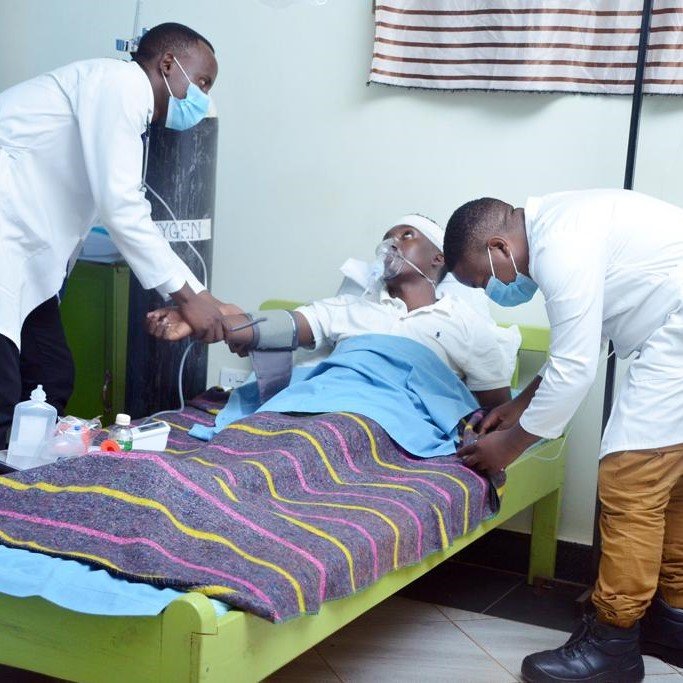
Healthcare Access Initiative (HAI)
Access to good healthcare
